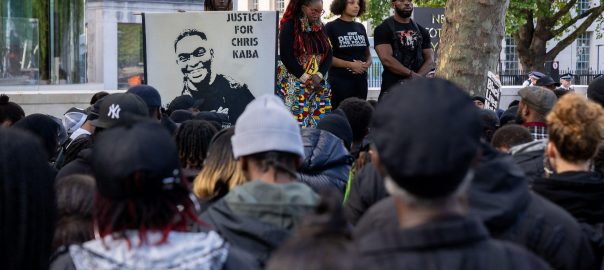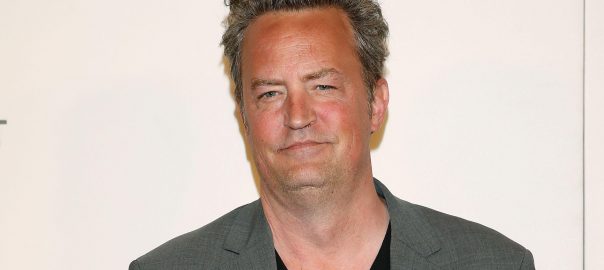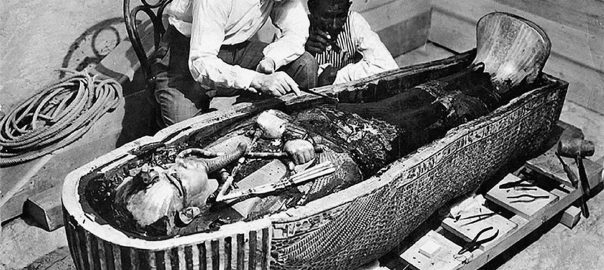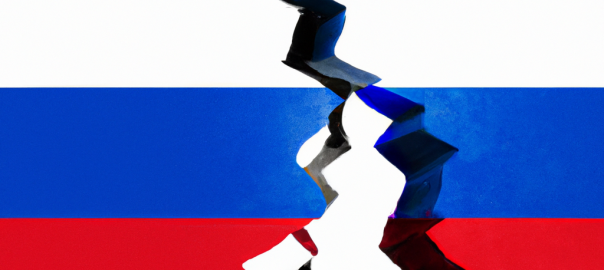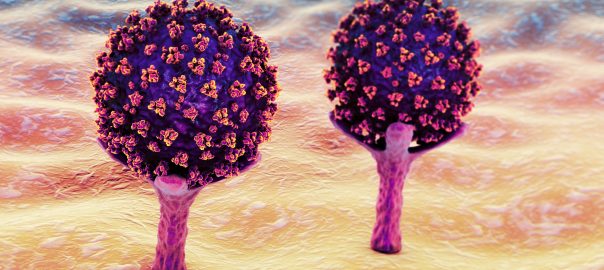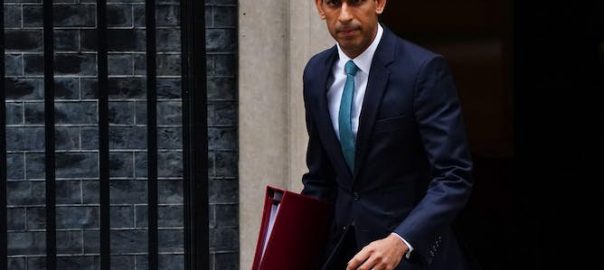Melanie Channon, University of Bath and Jasmine Fledderjohann, Lancaster University
The world’s population is expected to hit 8 billion people on November 15, according to the UN. Already this has prompted worry about whether there will be enough food, water and energy to support our growing population. While human activity is undoubtedly driving the climate crisis, population growth is a red herring.


